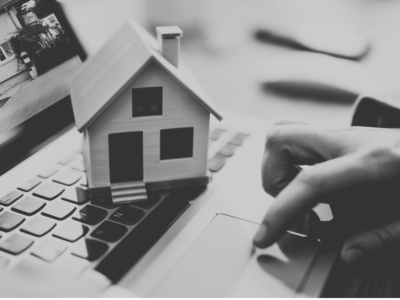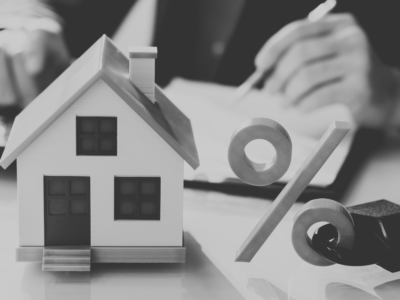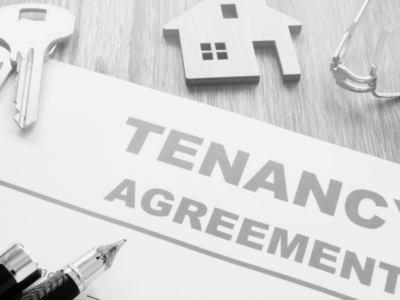Sometimes it seems as if we lurch from one challenge to another.
The pandemic, it seems, is evolving into an endemic disease – one that we have to live with – and that is good news.
But the pandemic’s wake is bringing with it a sharp rise in inflation, the cost-of-living, as everybody knows.
The return to normal was supposed to be of all-round benefit, with uncertainty replaced by certainty and, after an unprecedented period of government support, the economy standing again on its own two feet.
Instead, households are facing what the Bank of England has described as the biggest fall in real incomes since current records began in 1990.
People are already becoming painfully aware of this.
Every measure of consumer confidence is taking a hit.
The long-established GfK consumer confidence index showed a four-point in January.
According to Joe Staton of GfK:
“The UK’s financial pulse weakened further, driven by concerns over personal finances and the general economic situation.
All five measures are down in January and the picture on the economy is especially bad with an eight-point decrease in how we see the past year and the year to come.
Despite some good news about the easing of Covid restrictions, consumers are clearly bracing themselves for surging inflation, rising fuel bills and the prospect of interest rate rises.”
Other confidence barometers have also weakened.
YouGov/CEBR (Centre for Economics and Business Research) index showed households at their gloomiest in terms of the outlook for their own finances since the autumn of 2013, when the economy was still convalescing after the financial crisis.
The latest Deloitte consumer confidence tracker also showed a fall, with a particularly sharp drop in household expectations performance.
Could the cost-of-living crisis and rising interest rates be the trigger for the housing reversal that some have long predicted?
The CEBR, in its latest housing prospects report, suggests that this might indeed be the case.
“Amid the fastest succession of interest rate hikes in almost two decades, signals of further tightening of policy in the near future have led to a downward adjustment of CEBR’s house price forecasts,” it says.
“Our forecasts now point to 3.3% annual growth in 2022 and an annual contraction by 0.7% in 2023.
This follows an estimated 9.7% annual growth rate in 2021.”
A similar downbeat assessment has been provided by Pantheon Macroeconomics, another consultancy.
“The outlook for mortgage rates suggests that the housing market is heading for a hard landing later this year,” it said.
It predicts an average rate for a two-year fixed rate mortgage with a 75% loan to value ratio of 2.1 per cent by June, up half a percentage point from January and 0.9 points since August last year.
“As a result, we expect year-over-year growth in house prices to slow to 3% by the end of this year, from 10% at the end of 2021,” it concluded.
Certainly, it is unrealistic to expect house prices to continue to rise at the blistering pace established during the pandemic.
Similarly, as noted here before, transactions can be expected to be a little lower this year than in 2021.
There are, however, a couple of factors to be set against the adverse impact on the market of the cost-of-living crisis and rising interest rates.
The first is the build-up of so-called involuntary savings during the pandemic, when people were restricted on what they could spend on, and which are worth not far short of £200 billion.
Some of those will find their way into the market.
Indeed, some already have.
Some will use these savings to see them through the cost-of-living crisis.
Secondly, house purchase is a long-term decision and the evidence from surveys carried out by the Bank of England and others is that people think the current high inflation episode will be temporary.
It is uncomfortable but, we must hope, not permanent.
Only when these expectations change should we worry.
As it is, amid predictions of a slowdown, the housing market has started 2022 in strong form.
The Nationwide said house prices rose by 0.8% in January and were up by 11.2% on a year earlier.
The Halifax said that house-price inflation was steady at 9.7% in January, but that prices reached a new record and transactions were recovering to pre-Covid levels.
If there is to be a slowdown, it is starting from a high base.






















Comments